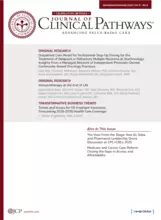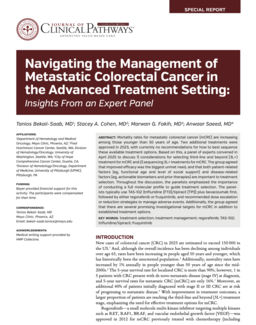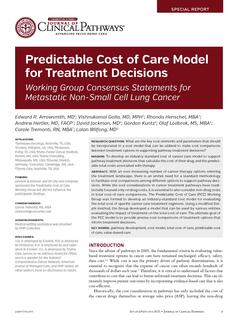Perioperative Durvalumab-FLOT Regimen Demonstrates Superior Efficacy Over FLOT Alone
A new phase 3 study published in the New England Journal of Medicine presents compelling evidence that perioperative durvalumab combined with fluorouracil, leucovorin, oxaliplatin, and docetaxel (FLOT) chemotherapy significantly improves outcomes in patients with resectable gastric or gastroesophageal junction adenocarcinoma. The multinational, double-blind, randomized trial enrolled 948 participants who were assigned to receive either durvalumab or placebo in addition to perioperative FLOT. Treatment included 4 cycles of neoadjuvant and adjuvant chemotherapy with durvalumab or placebo, followed by maintenance therapy every four weeks for 10 additional cycles.
The trial’s primary endpoint was event-free survival (EFS). After a median follow-up of 31.5 months, the 2-year EFS rate was 67.4% in the durvalumab group, compared with 58.5% in the placebo group. This translated to a hazard ratio for event or death of 0.71 (95% CI, 0.58-0.86; P < .001), demonstrating a statistically significant benefit for the durvalumab arm. Secondary endpoints included overall survival (OS) and pathologic complete response (pCR). Two-year OS was 75.7% with durvalumab vs 70.4% with placebo, though the stratified log-rank test did not meet the predefined significance threshold (P = .03; required P < .0001). Notably, the pCR rate was nearly tripled in the durvalumab group (19.2% vs 7.2%; relative risk, 2.69; 95% CI, 1.86-3.90).
The safety profile of the combination therapy was consistent with previous findings. Grade 3 or 4 adverse events were reported in 71.6% of patients receiving durvalumab and 71.2% of those receiving placebo. Rates of delayed surgery (10.1% vs 10.8%) and delayed initiation of adjuvant therapy (2.3% vs 4.6%) were comparable between groups, suggesting that the addition of immunotherapy did not compromise treatment tolerability or timing.
These findings suggest that incorporating durvalumab into the perioperative setting with FLOT may offer a clinically meaningful advance for patients with resectable gastric or gastroesophageal junction adenocarcinoma. The significant improvement in EFS and higher pCR rates, coupled with a manageable safety profile, position this regimen as a promising potential new standard of care.
Reference
Janjigian YY, Al-Batran SE, Wainberg ZA, et al. Perioperative durvalumab in gastric and gastroesophageal junction cancer. N Engl J Med. 2025;393(3):217-230. doi:10.1056/NEJMoa2503701













